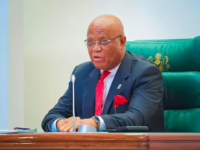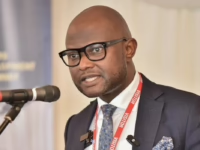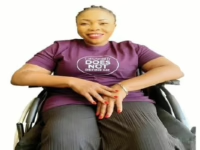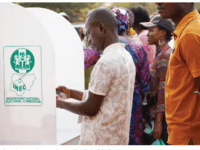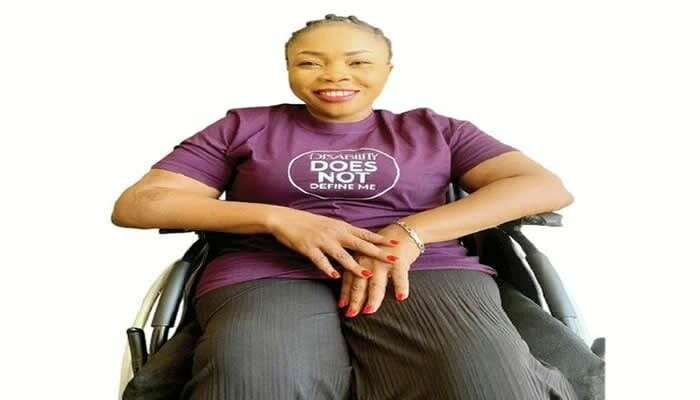Ms. Sussan Ihuoma, a resilient individual living with the effects of nigeria-11m-cold-chain-vaccine-storage/” title=”… Lands M in Cutting-Edge Cold-Chain Technology to Transform Vaccine Storage and Boost Immunisation Reach”>polio for over four decades, has urged government authorities at all tiers to develop comprehensive frameworks that promote rehabilitation, long-term empowerment, and accessibility for polio survivors throughout Nigeria.
Her appeal came during a conversation with the News Agency of Nigeria (NAN) at a Special Fellowship event focused on polio, hosted by the Rotary Club of Abuja Central Business District.
As a passionate advocate for gender equality and social inclusion, Ihuoma openly embraces her identity as a polio survivor for 44 years and dedicates herself to advancing the rights and inclusion of persons with disabilities in every environment she engages with.
“It is imperative that government bodies enact and enforce inclusive policies that ensure rehabilitation services, sustainable empowerment programs, and accessible infrastructure for polio survivors, enabling them to lead dignified, autonomous lives,” she emphasized.
While acknowledging Nigeria’s commendable strides toward polio eradication, she highlighted the persistent lack of robust support mechanisms that extend beyond the provision of mobility aids and basic care.
“Polio survivors require more than just assistive devices. Comprehensive rehabilitation, empowerment initiatives, and accessible living spaces are essential. Unfortunately, many public facilities remain ill-equipped, lacking ramps, elevators, and other necessary accommodations that facilitate independent living for persons with disabilities,” she explained.
“With these systems firmly in place, polio survivors can fully participate as equal members of Nigerian society. Our goal is not to evoke sympathy but to secure genuine opportunities and inclusion,” Ihuoma added.
She also stressed the critical importance of vaccination, urging parents to take advantage of the free oral polio vaccine to protect their children from the debilitating consequences of poliomyelitis.
“Why risk your child enduring the lifelong challenges of polio when a simple, cost-free vaccine is readily accessible? Early immunization is key,” she advised.
Ihuoma identified significant systemic and infrastructural obstacles that hinder survivors, such as the absence of accessible healthcare centers, educational institutions, places of worship, and public buildings that lack essential features like ramps and lifts.
“In many health facilities, individuals using wheelchairs cannot even be properly weighed,” she noted.
“I often refrain from drinking water when I’m out because most restrooms are not designed to accommodate wheelchair users,” she shared candidly.
She further highlighted the challenges in securing inclusive employment, pointing to the inadequate enforcement of the Disability Act, which mandates a minimum of five percent employment of persons with disabilities in both public and private sectors.
“Although the Disability Act exists, there is little oversight to ensure compliance. Many employers either ignore or fail to appreciate the value of workplace diversity and inclusion,” she remarked.
Addressing societal attitudes, Ihuoma spoke about the prejudices faced by people with disabilities, who are often judged solely on their physical appearance rather than their skills, talents, and potential contributions.
She recounted her personal struggle of being unemployed for 11 years despite holding three academic degrees and performing well in virtual interviews-only to face rejection once employers saw her wheelchair in person.
“The moment they notice the wheelchair, the dialogue ends abruptly. No one takes the time to explore what I can bring to the table. This is the harmful impact of unconscious bias,” she explained.
“Diversity enriches life. Polio survivors are not liabilities; they are mothers, siblings, neighbors, and active community members,” she affirmed.
“We deserve equal rights, opportunities, and respect just like everyone else,” she concluded.
Ms. Ihuoma called for heightened advocacy and public awareness, emphasizing that true advancement involves not only eradicating polio but also fostering an inclusive society where survivors are empowered to lead and contribute to national development.







